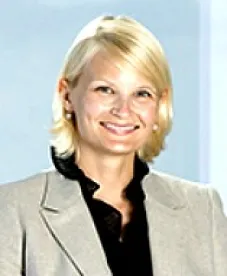The new Russian public health law will significantly change how medical device manufacturers and pharmaceutical companies do business in Russia. The law, which goes into effect on January 1, 2012, restricts certain activities of health care professionals, manufacturers, distributors and sales representatives of medical devices and pharmaceuticals ("Medical Companies").
Some key changes include:
-
Clinical Visits: Medical Companies may visit physicians at hospitals only during clinical trials or to collect information on side effects.
-
Clinical Studies: Physicians may enter into agreements for the performance of clinical studies with Medical Companies provided that these studies are related to the physicians' or pharmacists' teaching or scientific research activities.
-
Product Samples: Medical Companies may not provide free samples to pharmacists or physicians. Further, physicians and pharmacists may not enter into agreements with Medical Companies to prescribe certain pharmaceuticals and medical devices to patients. The new law is inconsistent with existing Russian pharmaceutical legislation that allows for distribution of samples to certain groups of health care professionals.
-
Symposia and Training: Physicians may participate in speaking engagements sponsored by Medical Companies, provided that such symposia meet educational criteria. To engage in training of physicians or pharmacists, Medical. Companies must enter into continuing medical education agreements with a medical educational institution sponsor. The terms of these agreements must comply with the provisions of the new law.
-
Gifts and Entertainment: Physicians and pharmacists may not accept any gifts, entertainment, money, or reimbursement of leisure travel expenses from Medical Companies.
-
Conflict of Interest: Physicians and pharmacists must report receipt of a material benefit from Medical Companies. Additionally, physicians' and pharmacists' employers must report potential effects of the material benefit to a public health authority. A special committee formed by the public health authority will resolve conflicts of interest. The law does not, however, have clear standards of liability for a failure to report a conflict.
- Medical Products and Substitutes: The law defines substitute medical products as medical products (devices, materials, medical software, etc.) that have comparable functional, quality and technical features and can replace one another. All medical devices and pharmaceuticals have always been subject to mandatory registration with the Russian public health authority. Now the state registry of medical devices and pharmaceuticals will include a list of substitute products. This is critical for the public procurement aspect of distribution of medical devices and pharmaceuticals in Russia.



 />i
/>i
